- 62 Posts
- 17 Comments

 32·4 months ago
32·4 months agoNo, you cannot walk around freely. This exactly is the point. There is no full supply chain transparency. Company executives and auditors say that, human rights experts, even some politicians who visited the country. Audits are just based on interviews, and these are useless, as even if workers would be aware of human rights violations, they cannot say that in an interview. This is said by those who have been there and conducted the audits. Read the sources.
At the start of this years, the Chinese government itself has -once again- openly rejected critical calls for human-rights reforms at the U.N. meeting, just to name another example, including a call for an end to persecutions of Uyghurs. It also rejected all recommendations calling on the government to end reprisals against individuals engaging with the international human rights system, even a message of disdain on the ten-year anniversary of the death of Cao Shunli in detention, a former Chinese human rights defender taken into custody on her way to Geneva for China’s 2014 UPR (Universal Periodical Review).
Prior to the U.N. meeting this year, China had even lobbied non-Western countries to praise its record by asking them to make “constructive recommendations”, which were essentially bland questions, make vague recommendations, and use their platform to praise the Chinese government’s rights record. And China has been blocking any domestic civil society groups from participating in the preparation of the state report or from making contributions to the review by the U.N. for decades, very much as it does with supply chain audits.
And, again, these additional examples are a VERY TINY sample of what is evident.

 21·4 months ago
21·4 months agoWhat a rubbish. Even Turkey, a country whose government is not exactly a role model for democracy itself, has long called out China’s treatment of its Muslim ethnic Uighur minority “a great cause of shame for humanity”. Volkswagen closed its Xinjiang-plant it ran with joint venture partner SAIC as “no full supply chain transparency exists”.
Markus Löning, Germany’s former commissioner for human rights who oversaw an audit on forced labour for Volkswagen last year (this the one report that is often cited in this ignorant communities where wumaos and ziganwus have given up their own personal developments just for parroting propaganda that is out of touch with world) conceded that the basis for the audit had been a review of documentation rather than interviews with workers, which he said could be “dangerous.” He also said that “even if they [workers] would be aware of something, they cannot say that in an interview.” And when asked about potential links between SAIC-Volkswagen and an aluminum producer in Xinjiang, Volkswagen responded: “We have no transparency about the supplier relationships of the non-controlled shareholding SAIC-Volkswagen.”
In addition, there are numerous Uyguhr people who survived the so-called ‘re-education camps’ who spoke out. A 10 seconds search has found this and that.
This is a VERY TINY sample of what’s wrong with Chinese supply chains and the country’s stance against human rights, and it’s no limited to cars but spans practically all industry sectors. There is ample evidence.

 112·4 months ago
112·4 months agoForced labour and other severe human rights abuses are evident in China’s Xinjiang region, even though there is no full supply chain transparency in China. Your remarks regarding the US are true, but here this apparently is a blatant whataboutism.

 25·4 months ago
25·4 months agoI fully agree.

 16·4 months ago
16·4 months agoWell, China legislated the death penalty for “separatists”, a Chinese official said in June that Taiwan separatists will be “crushed to pieces”, and the Chinese ambassador to Japan said Japanese people would be dragged into the fire if they took part in forces plotting to support Taiwan’s independence and “split China”. Similar remarks came from Chinese ambassadors to other countries and other Chinese officials. You’ll find more examples on the web.

 8·4 months ago
8·4 months ago@BakerBagel@midwest.social The “American aligned entities” seek alliances because of China’s aggression, and they do so by collaborating not just with America but also with each other, e.g., Japan, the Philipines, Australia, and others. These countries collaborates voluntarily with each other because of China’s imperialistic behaviour in the region, not because China is “boxed in” by any Western “entity”.
Beijing has been disputing a lot of its neighbours’ sovereignty on land and at sea, including India’s and Russia’s, and neither India nor Russia are exactly what I would call “American aligned entities”. As @Buffalox already said, even the single-party communist country Vietnam with a similar authoritarian system seeks stronger ties with the USA rather China.
Taiwan is of massive strategic value because it would allow Chinese vessels to access the Pacific Ocean unimpeded.
China has been accessing the Pacific Ocean unimpeded for decades now, no one questions that. The reasons why China wants control over Taiwan are manifold, one being Taiwan’s prominent role in the global supply chain, another is that it would give China better access to the South China Sea and its estimated reserves of 190 trillion cubic feet of natural gas and 11 billion barrels of oil.

 2·4 months ago
2·4 months agoYeah, as you mention Vietnam: the interesting bit here maybe is that Vietnam -a single-party country with a similar totalitarian approach like China- appears to seek closer ties to the U.S. rather then to Beijing, at least that’s my interpretation of the country/'s political moves over the last year or so.

 101·4 months ago
101·4 months agoYou may have a particular perception of reality -a narrative- and then infer a claim. But it is a completely different thing if you have a claim and then seek to construct a narrative.
What this incident tells us is that the Chinese government doesn’t know itself how to justify its claims, so it urges academics to find something to justify the claims of sovereignty over the sea (and the sea’s estimated 11 billion barrels of untapped oil and 190 trillion cubic feet of natural gas, btw) against a wide range of (non-Western) countries like the Philippines, Taiwan, Vietnam, Indonesia, Malaysia, and Brunei.
The fact that China is pursuing its claims very aggressively makes this whole thing even worse (And, yes, other countries may do similar things, and it is bad too, but it doesn’t justify China’s move here.)

 7·4 months ago
7·4 months agoYes, I fully agreed. Usually I don’t post the SCMP as it is Chinese state-controlled media. I did it in that case (and in another post in this community) as it provides a glimpse into Chinese propaganda planning. This is why I posted it here, but please let me know if you think I am mistaken.

 172·4 months ago
172·4 months agoI don’t like the source either, and usually I never link to SCMP or other Chinese propaganda media. In that case, however, I made an excemption (maybe it wasn’t a good idea, just let me know that) as the article doesn’t promote China’s official agenda. The article is highly critical of the Chinese health system, even citing ordinary citizens’ posts, and it comes from a paper like SCMP.

 61·4 months ago
61·4 months agoDon’t know of Moon claims, but it’s any dictator’s playbook. It’s worth reporting on things like that to remind us what’s going on.

 52·4 months ago
52·4 months ago@Viking_Hippie First your are claiming that Chinese cars aren’t manufactured in Xinjiang. When I provide evidence that this is false, you say “even so” and repeat your opinion. It seems whatever one says, no matter if evidence proofs otherwise, you “know” it better, continuing with your false narrative and spreading your opinion. Some may find such conversations funny, I say it is waste of time.
Your points in your statement above are false again.

 51·4 months ago
51·4 months agoChinese cars aren’t even made in Xinjiang.
First, your statement is outright false, one example being the plant operated until recently by a subsidiary of SAIC-Volkswagen near Urumqi, the capital of China’s Xinjiang Region. Volkswagen had to leave the joint venture with SAIC exactly over forced labour allegations.
And second, even if true it wouldn’t matter as forced labour in China doesn’t just take place in Xinjiang alone. There are many other examples across the country.
[Edit typo.]

 54·4 months ago
54·4 months agoWhat a rubbish! It’s awful that the enslaved Chinese workers in Xinjiang and elsewhere in China actually are bearing the burdens of Chinese cheap cars.



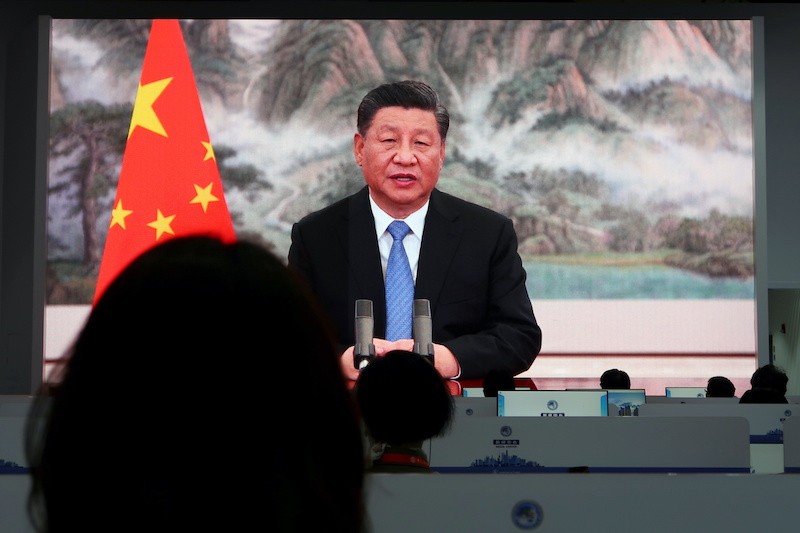




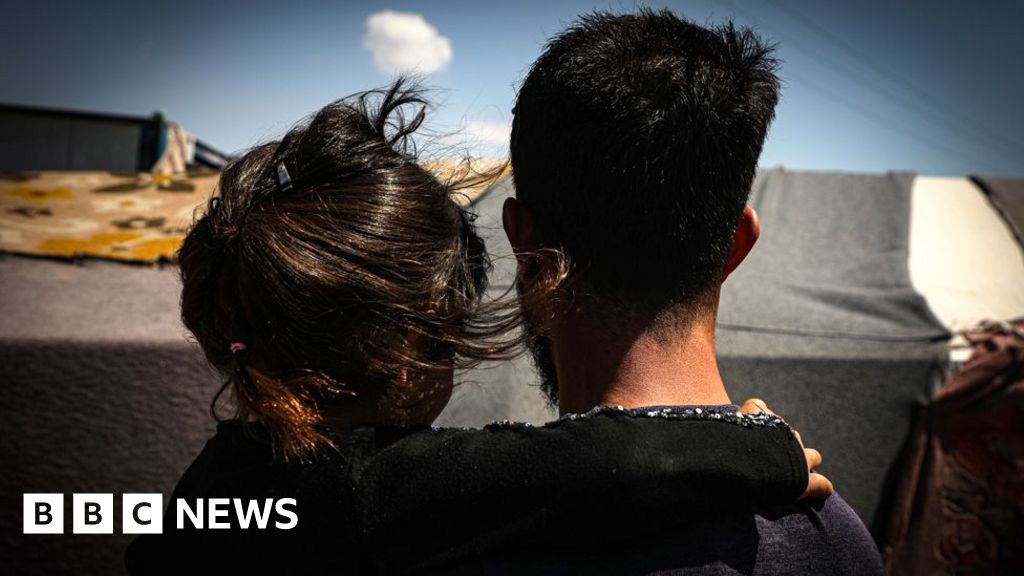
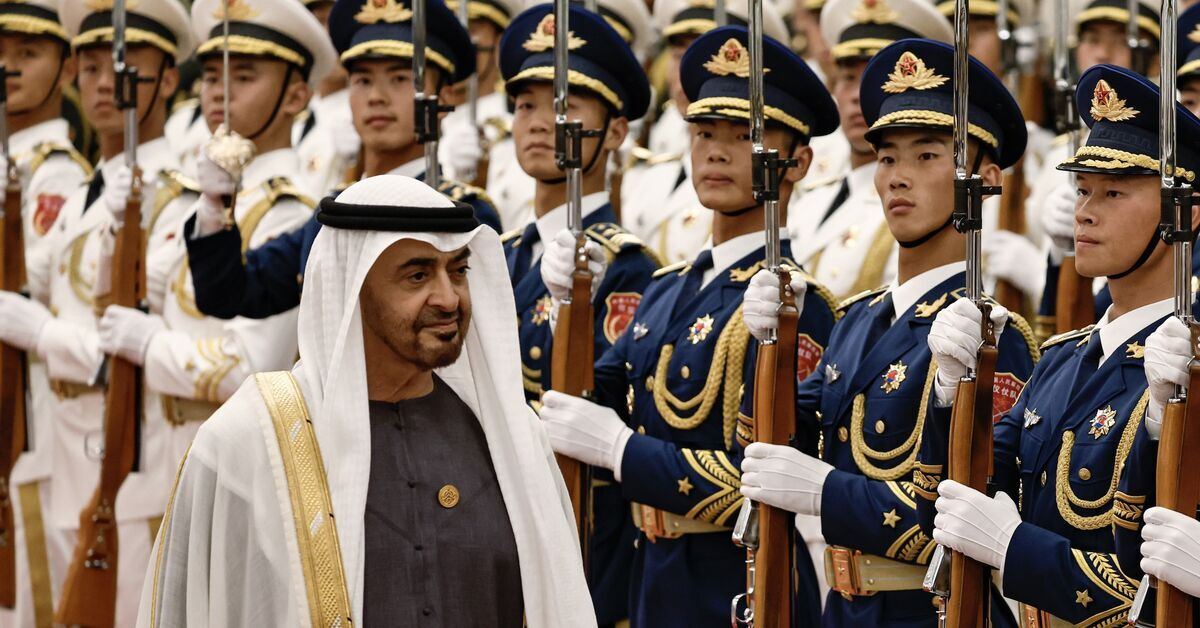
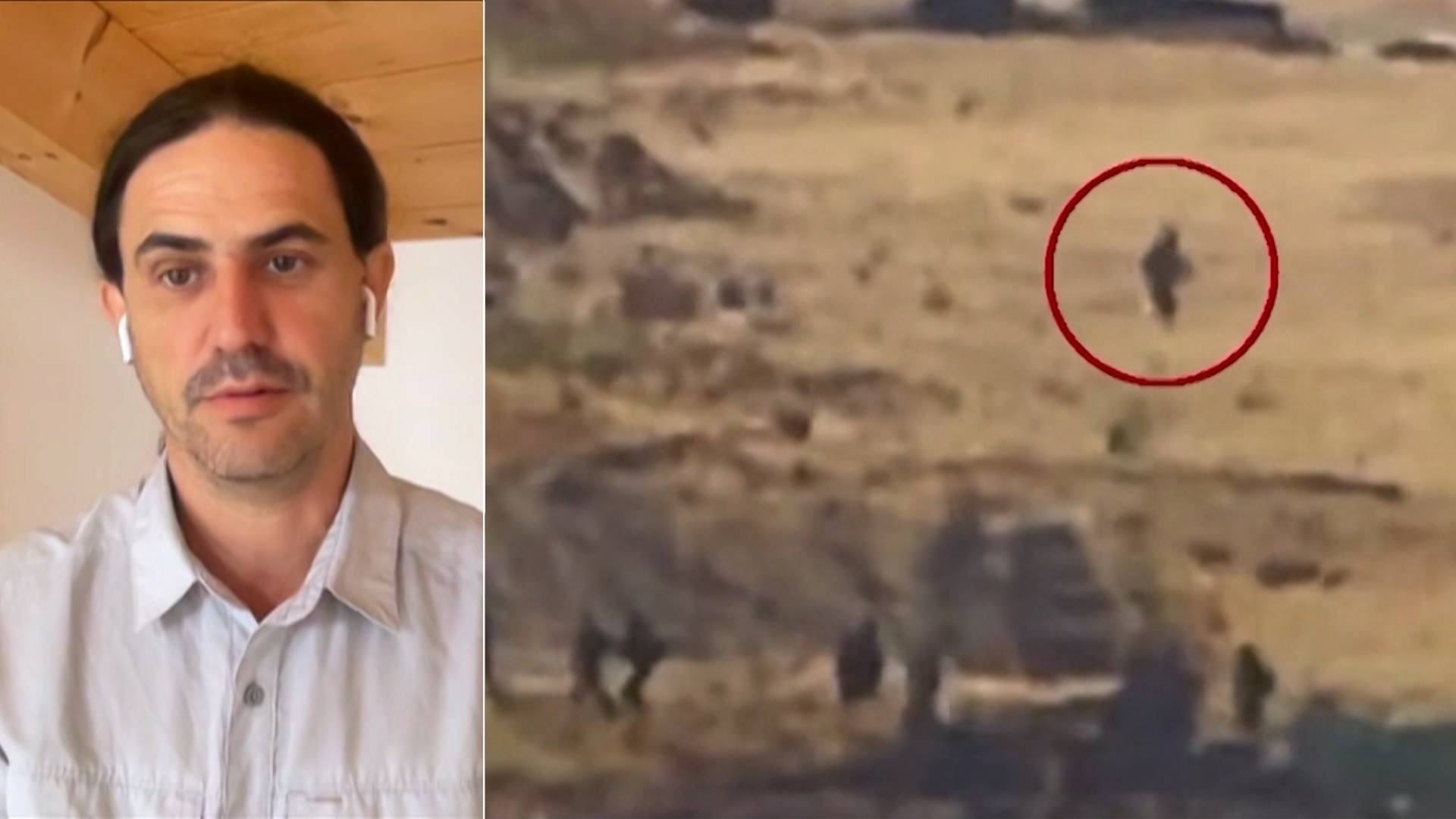
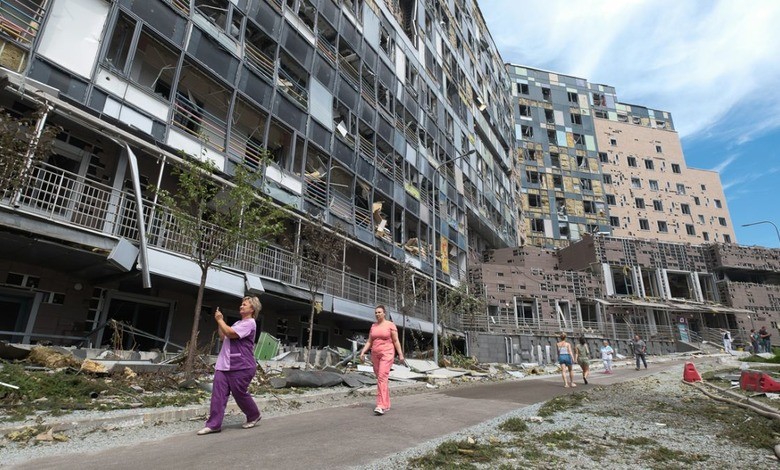
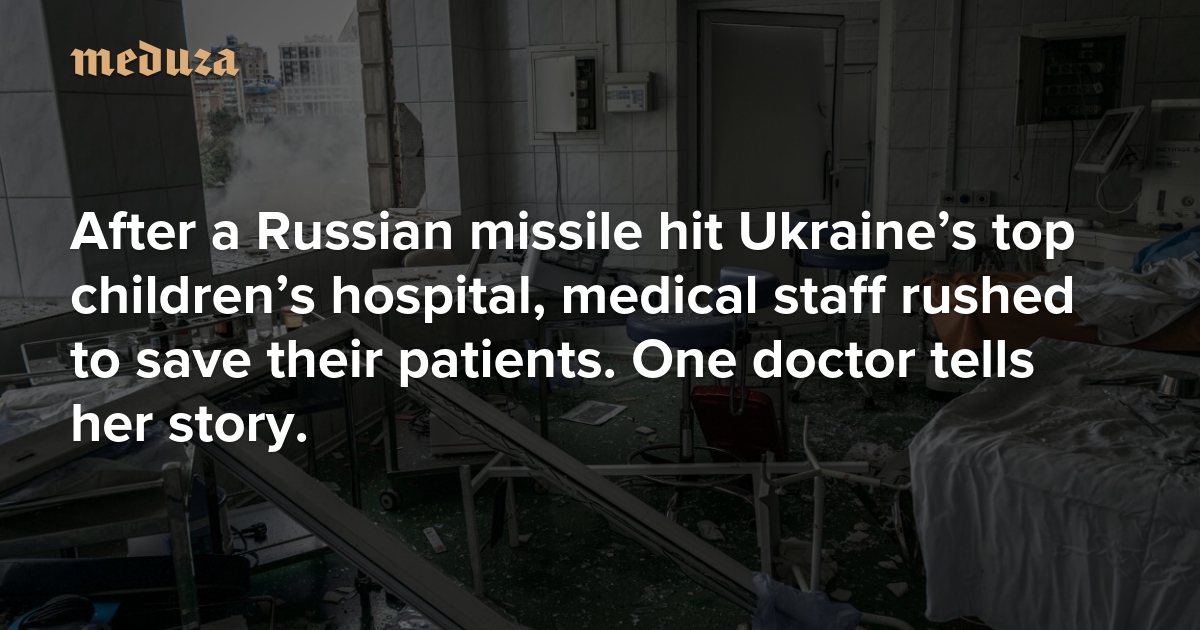
I am not lawyer, but it’s another war crime that needs to be investigated. It’s also not only Putin, there have been many other involved.